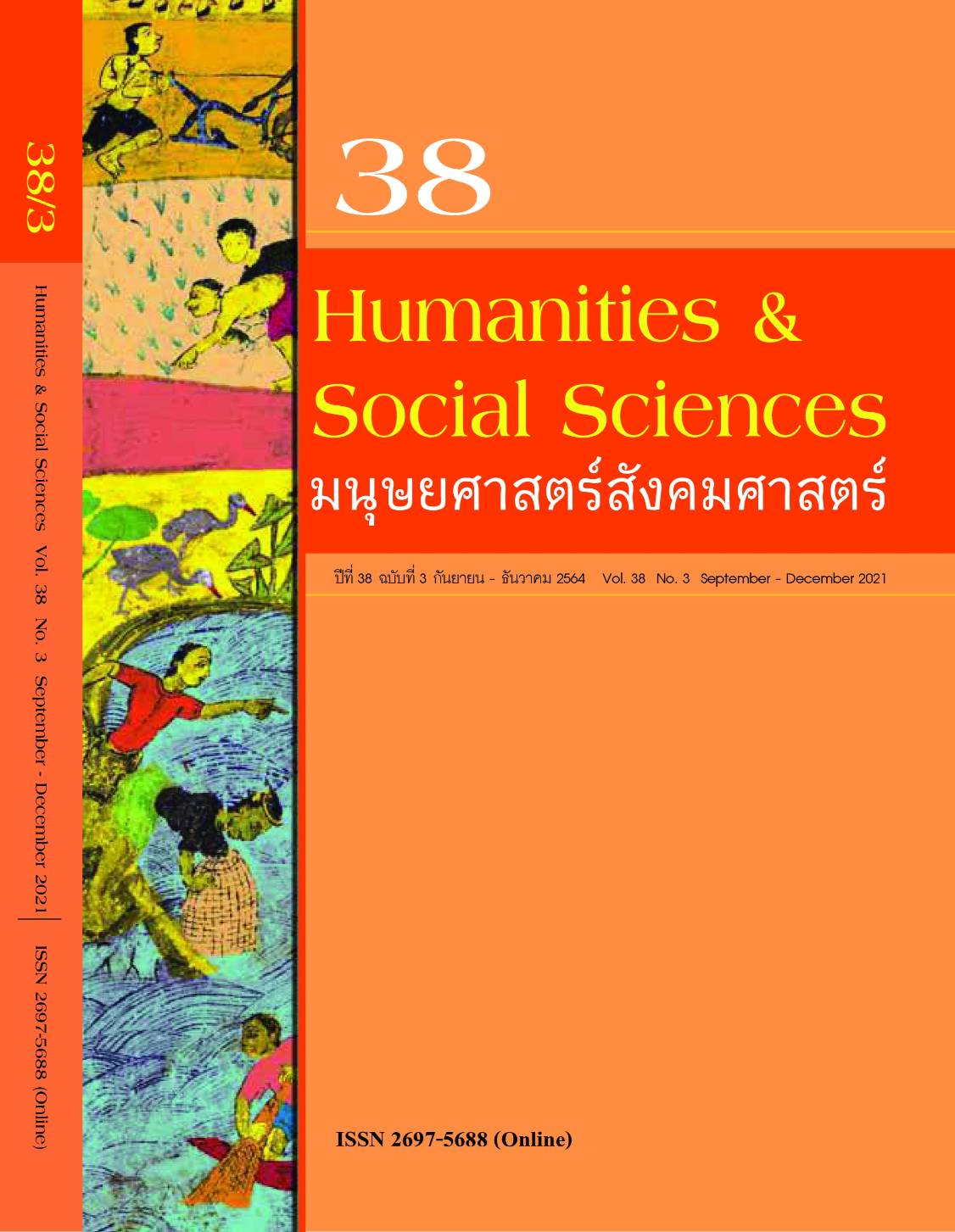ภาวะผู้นำท้องถิ่นไทยในภาคตะวันออกเฉียงเหนือ
Thai Local Leadership in the Northeast
Keywords:
Thai Local LeadershipAbstract
Abstract
The research “Thai Local Leadership in the Northeast” was conducted from January 2009 to March 2010. It focused on the conditions of Thai Local Administration work and its leadership and development approach in relation to meeting citizens’ needs. The study used a sample size of 400 to collect quantitative data and 61 to collect open–ended questionnaire data, as well as 10 in-depth interviews. It was found that the issue requiring the most attention was employment, as citizens reported only medium levels of satisfaction with the help that local leadership had provided in terms of jobs. Respondents desired leaders who were from/residing in the local area, demonstrated morality and ethics, and were paternal in nature, and they viewed leaders’ major role to be coordinating between the state, private, and public sectors. They were partial to leaders who derived their power from their expertise in local administration and work practices and prioritized leadership skills resulting in timely and effective problem-solving. This study recommends leadership development that prioritizes, in descending order: employment, social welfare, public health, environment, education, religion, and culture.
Keyword: Thai local leadership
References
กวี วงศ์พุฒ. (2539) ภาวะผู้นำ. กรุงเทพฯ ศูนย์ส่งเสริมวิชาชีพบัญชี.
เกษรา ดวงมณี. (2545) การศึกษาคุณลักษณะนักการเมืองท้องถิ่นในความคาดหวังของ คณะกรรมการชุมชน
ในเขตเทศบาลตำบลแหลมฉบัง จังหวัดชลบุรี. ชลบุรี : มหาวิทยาลัยบูรพา.
โกวิทย์ พวงงาม. (2550) มิติใหม่การปกครองท้องถิ่น : วิสัยทัศน์กระจายอำนาจและการบริหารงานท้องถิ่น.
คณะสังคมสงเคราะห์ศาสตร์. มหาวิทยาลัยธรรมศาสตร์.
ชุบ กาญจนประกร. (2509). การปกครองตำบลและหมู่บ้านของประเทศไทย. คณะรัฐประศาสนศาสตร์
สถาบันบัณฑิตพัฒนบริหารศาสตร์.
ณรงค์ สินสวัสดิ์. (2521). สังคมกับการปกครอง. กรุงเทพฯ: แพร่พิทยา.
ธงชัย สันติวงศ์. (2536). องค์การและการบริหาร (ฉบับแก้ไขปรับปรุง พิมพ์ครั้งที่ 8).
กรุงเทพฯ: ไทยวัฒนาพานิช.
บุญทัน ดอกไธสง. (2535). จิตวิทยาผู้นำและมนุษยสัมพันธ์. กรุงเทพฯ: หจก.เพทนิมิตการพิมพ์.
ไพรัตน์ เตชะรินทร์. (2527) นโยบายและกลวิธีการมีส่วนร่วมของชุมชนในยุทธศาสตร์การ
พัฒนาปัจจุบันของประเทศไทยในการมีส่วนร่วมของประชาชนในการพัฒนา.
กรุงเทพฯ. ศักดิโสภาการพิมพ์.
ไพฑูรย์ โพธิสว่าง. (2532). ผู้นำชุมชนชนบทไทยในภาคตะวันออกเฉียงเหนือ: ศึกษาเฉพาะ
กรณีปัจจัยที่ทำให้เกิดอำนาจ และการสร้างอำนาจให้กับตน – Thai Rural
Community Leaders in the Northeast: A Case Study of Factors Contributing
the Acquisition of Power/Phaitoon Bhothisawang 2532.
วิศิษฐ์ ทวีเศรษฐ์. (2535). การปกครองท้องถิ่น (ตอนที่ 1) องค์การบริหารส่วนจังหวัด.
เทศบาลการเมืองการปกครอง. กรุงเทพฯ: มหาวิทยาลัยการปกครองท้องถิ่น.
ศรีเพ็ญ ช่วงไธสง. (2540). คุณลักษณะที่พึงประสงค์ของสมาชิกสภาผู้แทนราษฎรในทศวรรษหน้า.
วิทยานิพนธ์ปริญญาศึกษาศาสตรมหาบัณฑิต สาขาวิชาการวัดผลการศึกษา.บัณฑิตวิทยา
มหาวิทยาลัยมหาสารคาม.
สุขุมวิทย์ ไสยโสภณ. (2551) ภาวะความเป็นผู้นำ. รัฐประศาสนศาสตร์ คณะมนุษยศาสตร์และสังคมศาสตร์
มหาวิทยาลัยขอนแก่น.
Hersey. P. & Blanchard. K.H. (1969). “Life Cycle Theory of Leadership” in Train Development Journal.
New York: Prentice-hall.
Stogdill, R.M. (1974). Handbook of Leadership. New York: The Free Press.
Tannenbaum. R. & Schmidt. W.H. (1973). May-June). “How to Choose a Leadership
Pattem” in Harvard Business Review.



